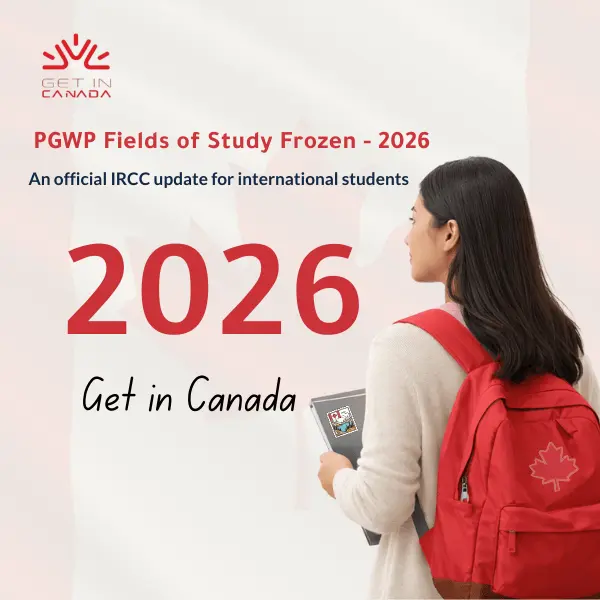Language Programs for Newcomers in Canada 2025
Improving English and French Skills
Are you planning to study, work, or settle permanently in Canada? Then one question matters more than almost anything else: how strong are your English or French skills?
Every year, thousands of newcomers apply for a study permit in Canada, prepare for IELTS or TEF Canada, and enroll in language schools across the country. Why? Because mastering Canada’s official languages isn’t just about passing tests, it’s the foundation for academic success, professional growth, and ultimately, permanent residency.
This guide will walk you through the role of language in Canadian immigration, the best programs available, and insider tips to help you choose the right path.
Book Your Consultation Session →
1. Why English and French Matter for Study Permits in Canada
For newcomers, English and French are more than just communication tools, they are essential requirements for academic and immigration purposes. When applying for a study permit in Canada, the government often requires proof of proficiency in one of the two official languages.
English Requirements for International Students
Most Canadian universities and colleges ask students to provide an IELTS Canada score or another approved English test. Meeting these requirements ensures that students can:
- Understand lectures and academic materials.
- Communicate effectively with professors and classmates.
- Successfully integrate into campus life.
The Importance of French Skills in Canada
While English is dominant in most provinces, French skills in Canada are especially valuable in Quebec and other bilingual regions. Mastering French can:
- Increase acceptance chances at French-speaking universities.
- Open more work opportunities during and after study.
- Provide an advantage when applying for Canadian immigration programs.
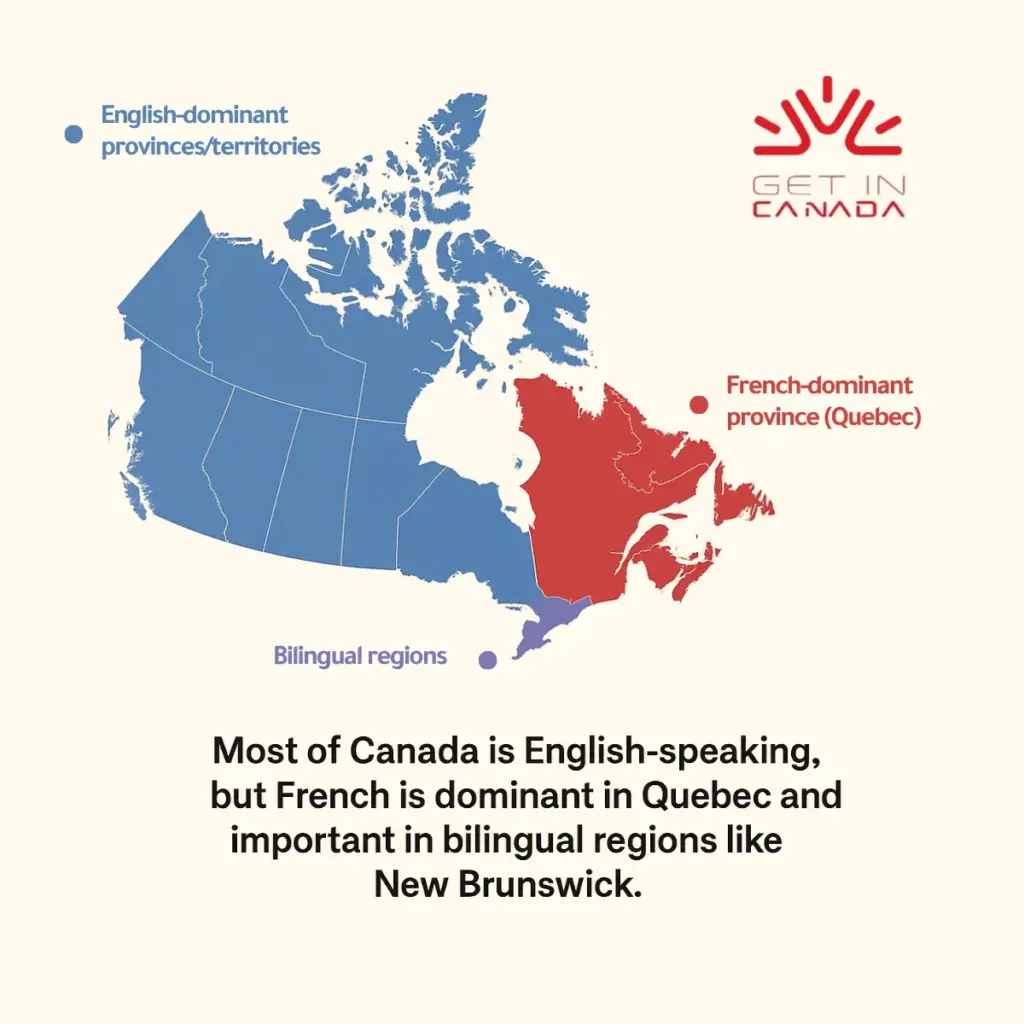
2. How Language Skills Help with Permanent Residency
Strong language skills don’t just help with study permits, they are also a major factor in Canada’s PR system. The Express Entry system and other immigration pathways award points based on language test results.
Canada PR Language Test
To apply for permanent residency, newcomers must pass an approved test:
- IELTS Canada (English)
- CELPIP (English)
- TEF Canada (French)
- TCF Canada (French)
These tests evaluate reading, writing, speaking, and listening. Higher scores mean higher points in the Comprehensive Ranking System (CRS).
Accepted PR Language Tests in Canada
| Test Name | Language | Use Case | Accepted For |
|---|---|---|---|
| IELTS Canada | English | Academic & Immigration | Study + PR |
| CELPIP | English | Immigration focus | PR only |
| TEF Canada | French | Immigration focus | PR only |
| TCF Canada | French | Immigration focus | PR only |
Extra CRS Points for French Skills
The Canadian government provides bonus CRS points for applicants who demonstrate proficiency in French, even if their main language is English. This makes French courses for newcomers a smart long-term investment.
Read More: Newcomer’s Guide to Canada Immigration
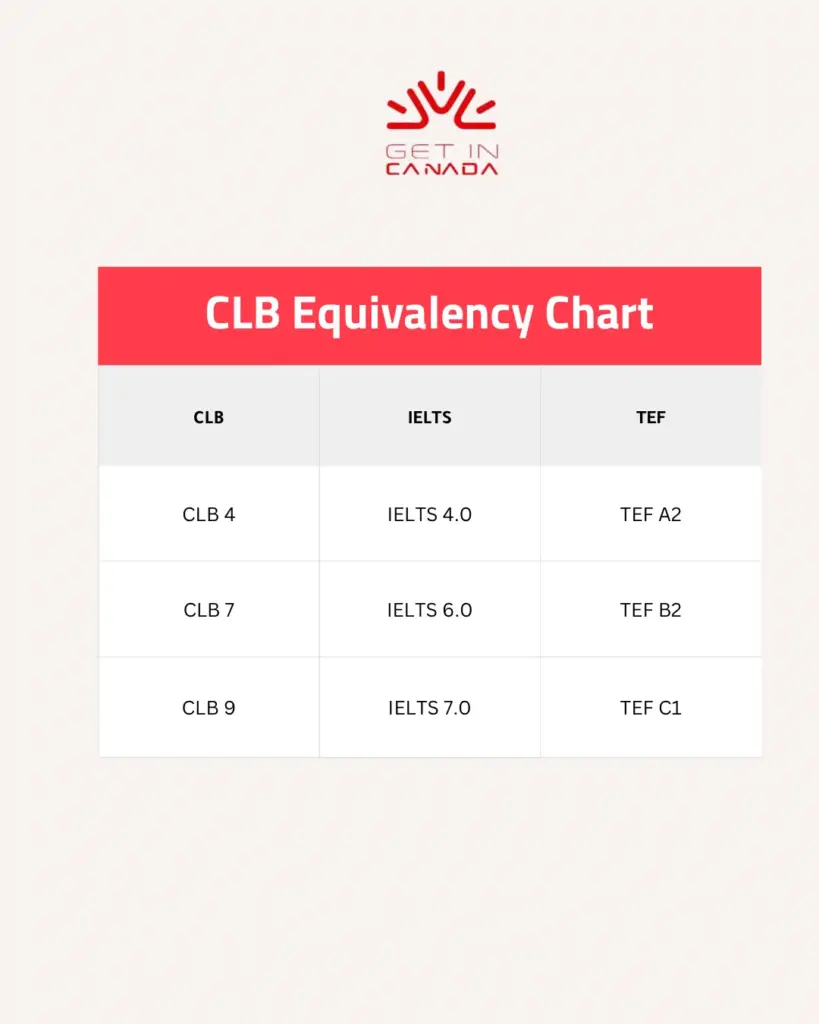
3. Best Language Programs for International Students
Enrolling in the right language school can make the difference between struggling and thriving in Canada. Many institutions offer tailored English courses in Canada and French programs for newcomers.
Types of Language Programs
Before choosing, newcomers should understand the available options:
- University-Linked Language Schools: Offer conditional admission if you improve your language skills.
- Private Language Schools in Canada: More flexible schedules, ideal for short-term learners.
- Government-Funded Programs: Such as LINC (Language Instruction for Newcomers to Canada), often free for permanent residents and some study permit holders.
Choosing the Right Program
When selecting a program, consider:
- Location (English-dominant vs. French-dominant provinces).
- Cost and available scholarships.
- Specialization (academic English, business French, test preparation).
Benefits of Enrolling in Language Schools in Canada:
- Build confidence in daily communication.
- Prepare effectively for IELTS or TEF Canada.
- Increase academic and career success.
- Expand your social and professional network.
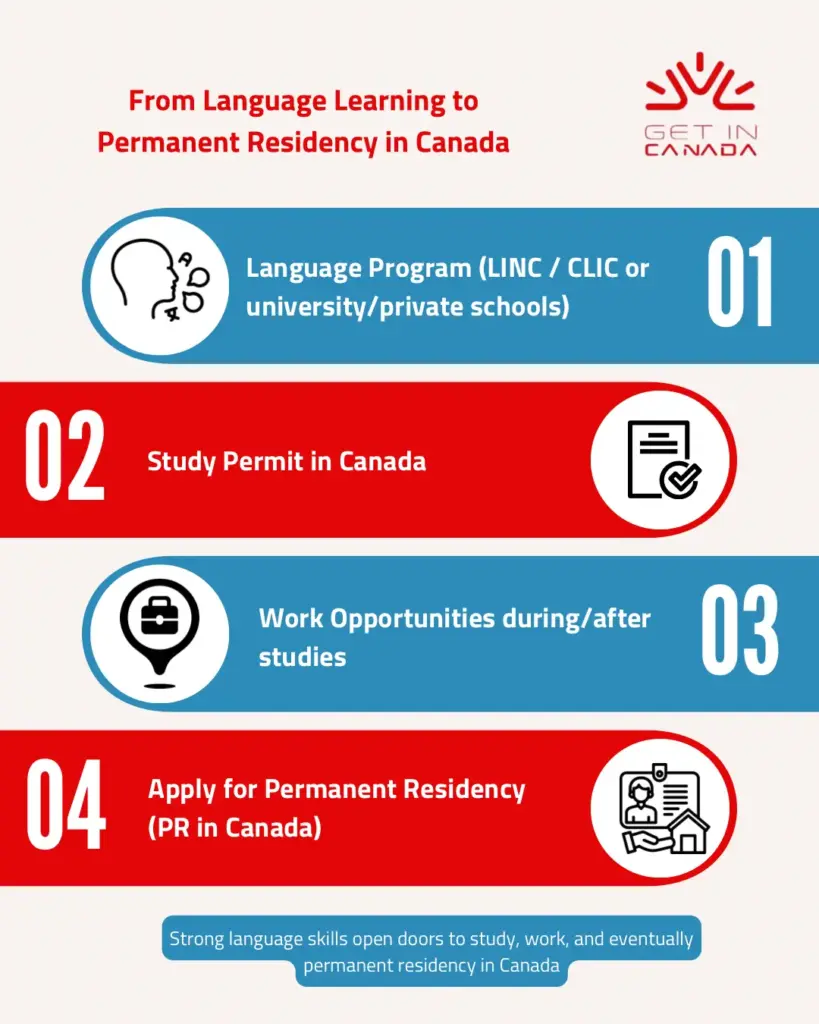
4. Understanding Free Government-Funded Language Programs (LINC / CLIC)
Canada offers free language training under government-funded programs:
- LINC (Language Instruction for Newcomers to Canada) for English.
- CLIC (Cours de langue pour les immigrants au Canada) for French.
These programs:
- Help newcomers with everyday communication, job readiness, and social integration.
- Assess progress using Canadian Language Benchmarks (CLB) or Niveaux de compétence linguistique canadiens (NCLC).
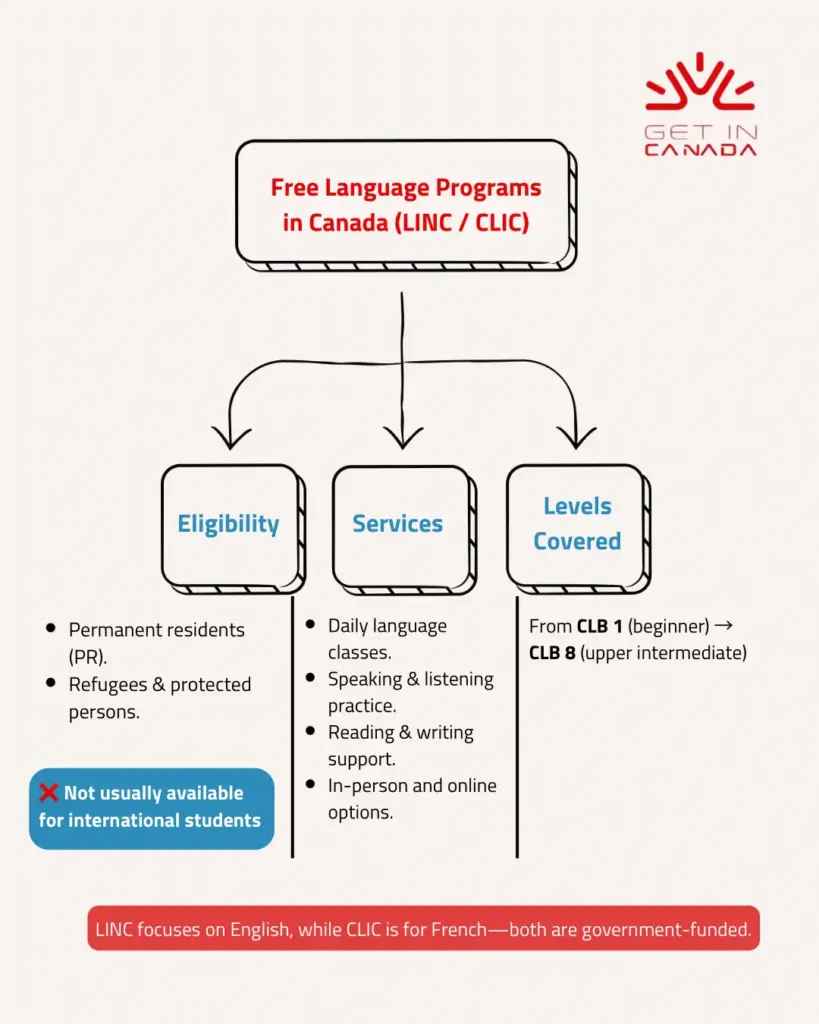
Read More: New Ways to Get Permanent Residency in Canada in 2025
5. Employment-Focused and Occupation-Specific Language Training
For many newcomers, learning English or French goes beyond grammar, it’s about building the exact communication skills needed to succeed in the Canadian workplace.
Canada offers specialized programs for internationally educated professionals:
- Occupation-Specific Language Training (OSLT): Courses tailored for industries like healthcare, IT, and business. These programs teach workplace terminology, client communication, and professional etiquette.
- Enhanced Language Training (ELT): Advanced programs that combine high-level language learning with career services such as resume workshops, mock interviews, and mentorship opportunities.
Pro Tip: These programs are often subsidized or free, and they directly connect you to employers in your field. If your goal is to restart your career in Canada, OSLT or ELT can be a game-changer.
Book Your Consultation Session →
6. Language Immersion through Explore Bursaries
One of the fastest ways to improve language skills is through total immersion. Canada’s Explore Program makes this possible by offering 5-week bursary-funded programs in either English or French at institutions across the country.
Why Explore is effective:
- All-inclusive: Tuition, meals, housing, and materials are covered.
- Total immersion: Classes, activities, and social life are entirely in the target language.
- Networking: Participants meet people from across Canada, gaining both friends and professional contacts.
Important Note:
Don’t confuse Immersion Programs with Language Bursary Programs; they serve different purposes:
- Immersion Programs are usually designed for international students or newcomers who want to rapidly improve their English or French in an intensive environment.
- Bursary Programs, such as Explore, are government-funded and mainly for Canadian citizens or permanent residents, offering financial support to study a second official language.
Professional Advantage: Immersion programs develop not just fluency but cultural awareness—something Canadian employers highly value in team-oriented workplaces.
7. Why Language Skills Matter for Social & Economic Integration
Language proficiency is one of the strongest predictors of successful settlement. Studies show that knowledge of English or French directly impacts:
- Employment opportunities and income levels.
- Ability to build social networks and community ties.
- Access to healthcare, housing, and public services.
Comparison of Language Program Types in Canada
| Program Type | Benefit Highlight | Ideal For |
|---|---|---|
| Free Programs (LINC/CLIC) | Settlement-focused, no cost | PR holders, some study permit holders |
| Job-Focused (OSLT/ELT) | Work-ready skills & career pathways | Skilled immigrants & professionals |
| Immersion (Explore) | Fast learning + cultural experience | Students & adults seeking immersion |
| University-Linked Language Schools | Pathway to academic programs | International students |
| Private Language Schools | Flexible, short-term study | Visitors & temporary residents |
Conclusion
Whether your dream is to earn a study permit in Canada, pass the IELTS or TEF test, or secure permanent residency, the journey begins with strong language skills.
From government-funded programs like LINC/CLIC, to job-focused training like OSLT and ELT, to immersive experiences like Explore, Canada provides newcomers with countless opportunities to succeed. The key is to choose the program that fits your academic, professional, and settlement goals, and commit to consistent practice.
Remember: Every new word learned brings you one step closer to your Canadian future.


